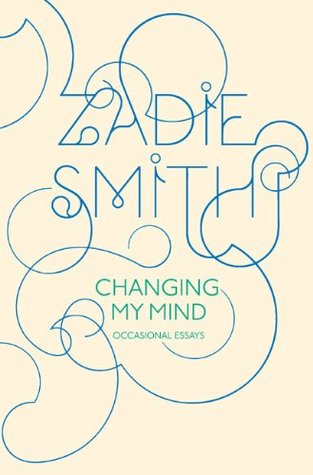Dead Man Laughing
[...] There is "plenty of hope, an infinite amount of hope--but not for us!" This is a cosmic joke told by Franz Kafka, a wisecrack projected into a void. [...]
in a paragraph about a cosmic joke (about death) told by Martin Amis)
[...] There is "plenty of hope, an infinite amount of hope--but not for us!" This is a cosmic joke told by Franz Kafka, a wisecrack projected into a void. [...]
in a paragraph about a cosmic joke (about death) told by Martin Amis)
compere
(en)
(noun) the master of ceremonies of an entertainment (as a television program) / (verb) to act as compere for / (verb) to act as a compere
And now the compere was calling my brother's name.
And now the compere was calling my brother's name.
fey
(en)
(adjective) fated to die; doomed / (adjective) marked by a foreboding of death or calamity / (adjective) able to see into the future; visionary / (adjective) marked by an otherworldly air or attitude / (adjective) crazy touched / (adjective) excessively refined; precious / (adjective) quaintly unconventional; campy
the Guardianistas fey fools, skipping across the stage
the Guardianistas fey fools, skipping across the stage
[...] Maybe it was the fortuitous meeting of my mournful mood and his morbid material, but I thought his show, “Do I Really Have to Communicate with You?,” was one of the strangest, and finest, hours of live comedy I’d ever seen. It started with neither a bang nor a whimper. It didn’t really start. We, the audience, sat in nervous silence in a tiny dark room, and waited. Some fumbling with a cassette recorder was heard, faint music, someone mumbling backstage: “Welcome to the stage . . . Edward Aczel.” Said without enthusiasm. A man wandered out. Going bald, early forties, schlubby, entirely nondescript. He said, “All right?” in a hopeless sort of way, and then decided that he wanted to do the introduction again. He went offstage and came on again. He did this several times. Despair settled over the room. Finally, he fixed himself in front of the microphone. “I think you’ll all recall,” he muttered, barely audible, “the words of Wittgenstein, the great twentieth-century philosopher, who said, ‘If indeed mankind came to earth for a specific reason, it certainly wasn’t to enjoy ourselves.’ “ A long, almost unbearable pause. “If you could bear that in mind while I’m on, I’d certainly appreciate it.”
about a pretty hilarious-sounding anticomedian named Edward Aczel
[...] Maybe it was the fortuitous meeting of my mournful mood and his morbid material, but I thought his show, “Do I Really Have to Communicate with You?,” was one of the strangest, and finest, hours of live comedy I’d ever seen. It started with neither a bang nor a whimper. It didn’t really start. We, the audience, sat in nervous silence in a tiny dark room, and waited. Some fumbling with a cassette recorder was heard, faint music, someone mumbling backstage: “Welcome to the stage . . . Edward Aczel.” Said without enthusiasm. A man wandered out. Going bald, early forties, schlubby, entirely nondescript. He said, “All right?” in a hopeless sort of way, and then decided that he wanted to do the introduction again. He went offstage and came on again. He did this several times. Despair settled over the room. Finally, he fixed himself in front of the microphone. “I think you’ll all recall,” he muttered, barely audible, “the words of Wittgenstein, the great twentieth-century philosopher, who said, ‘If indeed mankind came to earth for a specific reason, it certainly wasn’t to enjoy ourselves.’ “ A long, almost unbearable pause. “If you could bear that in mind while I’m on, I’d certainly appreciate it.”
about a pretty hilarious-sounding anticomedian named Edward Aczel
bathos
(en)
(noun) a literary term coined by Alexander Pope to describe to describe amusingly failed attempts at sublimity (an effect of anticlimax created by an unintentional lapse in mood from the sublime to the trivial or ridiculous); adj is "bathetic"
his gift is for the crafting of exquisite narratives, shows shaped like Alice Munro stories, bathetic and beautiful
his gift is for the crafting of exquisite narratives, shows shaped like Alice Munro stories, bathetic and beautiful

